Countries
Ghana
Ghana is one of the most densely populated countries in West Africa. Since the adoption of a new constitution in 1993, Ghana has become more politically stable, but a history of coups, food shortages and corruption means the country remains poor and indebted.
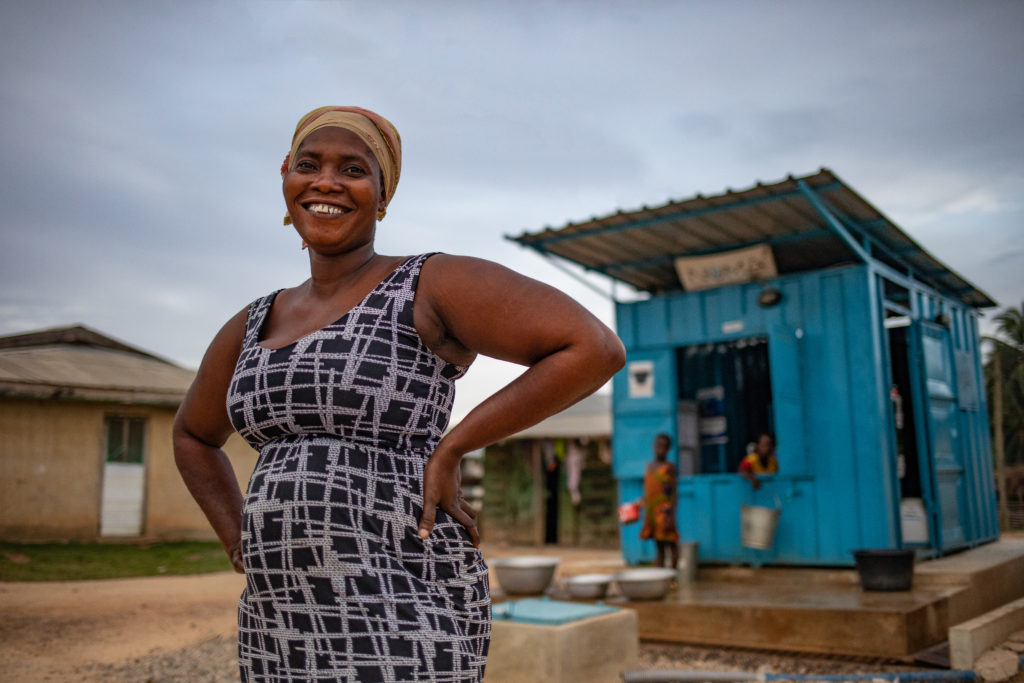
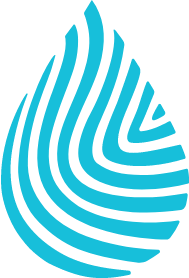
We are bold and confident in the face of a large and complex fight.
The Water Crisis in Ghana
The three northern regions are particularly deprived, with one in ten children dying before their fifth birthday. 80% of all diseases in Ghana are caused by unsafe water and poor sanitation and more than nine million people don’t have access to safe drinking water. Only around 13% of the population have access to adequate sanitation facilities.
Dependency on unsafe water sources is higher in rural areas. Due to drinking contaminated water, diarrheal disease is the third most commonly reported illness at health centers across the country, and 25% of all deaths in children under the age of five are attributed to diarrhea. In addition to lack of sanitation infrastructure, some cultural beliefs and views encourage people in rural areas not to use latrines. With our local partners, Water.org is educating and encouraging people to use latrines through community-led sanitation initiatives.
Ghana is rich in natural resources but many of its people are unemployed or live in poverty. Access to basic services is often inadequate, affecting people’s health and preventing them from escaping poverty.
The Water Solution in Ghana
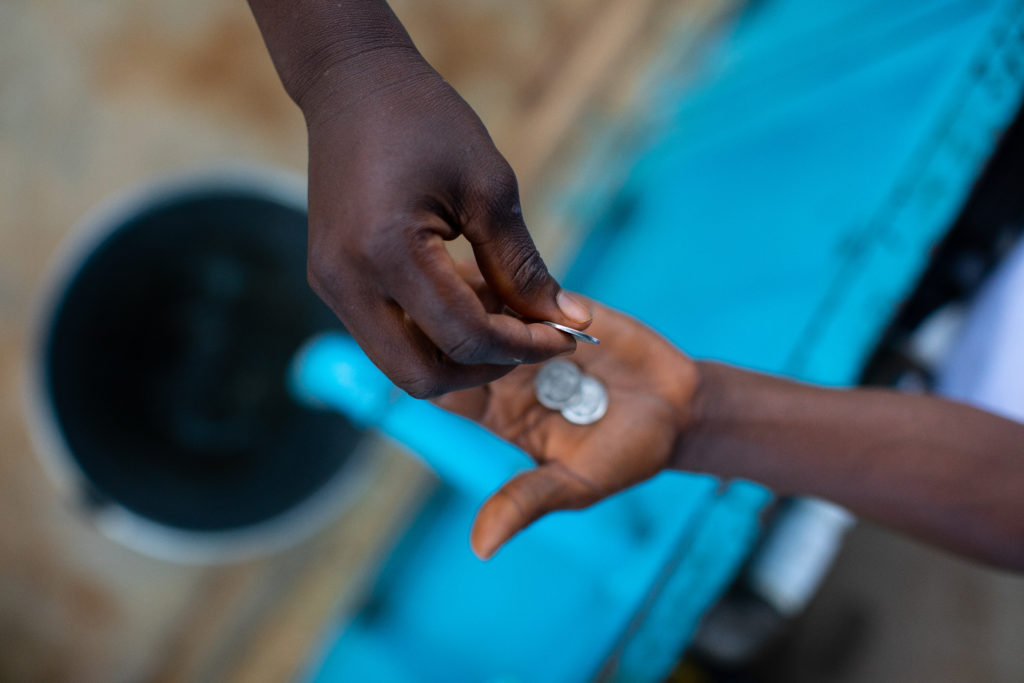
This past year was one of learning curves as we moved from planning to production in our first two Regional Operating Centers (ROCs) in Ghana and Ethiopia. These ROCs are in-country manufacturing facilities that will employ dozens of men and women with jobs in well drilling, parts manufacturing, and general operations to further our work throughout Africa.
This groundbreaking initiative with our partner World Vision is the first of its kind, and therefore requires adaptability as we have transitioned from planning mode to discovery mode, learning how the concept works in-country. Throughout the year, the model was regularly modified to develop a standard operating procedure based on the in-country experience we were gaining.
Well drillers and parts manufacturers were recruited and trained for the Ghana facility, and Water4 staff spent several weeks in Ghana setting up operations in the new manufacturing facility. Since the initial training, equipment produced in the Ghana ROC has been used to drill wells in Ghana, Mali and Niger.
The goal is to introduce a sustainable approach to providing clean water for communities through a service delivery model. Through this model, communities pay a small, incremental fee for the ROC to monitor and service the wells within the village. Having a local maintenance service ensures the continued functionality of the well, bringing us one step closer to our goal of eradicating the world water crisis by putting the solution in the hands of the local people.
By Emilie Hechtner / Sources: Wikipedia / Category: Countries

